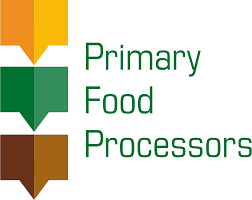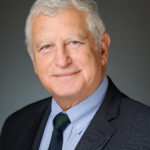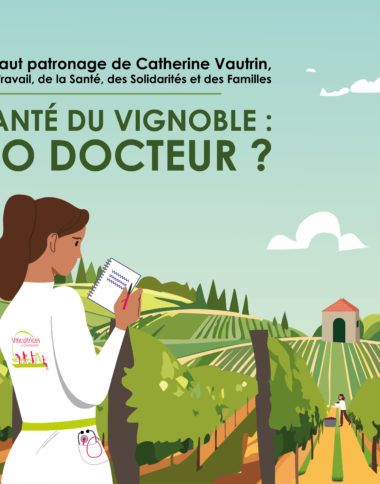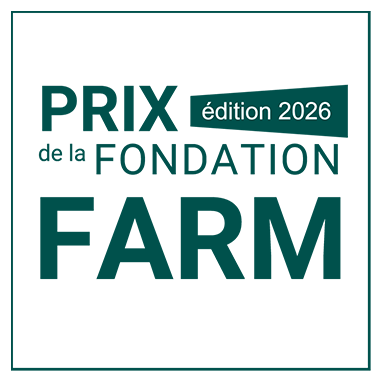Articles
Temps de lecture : 3 min
28/04/2022
The European Union between War and Peace
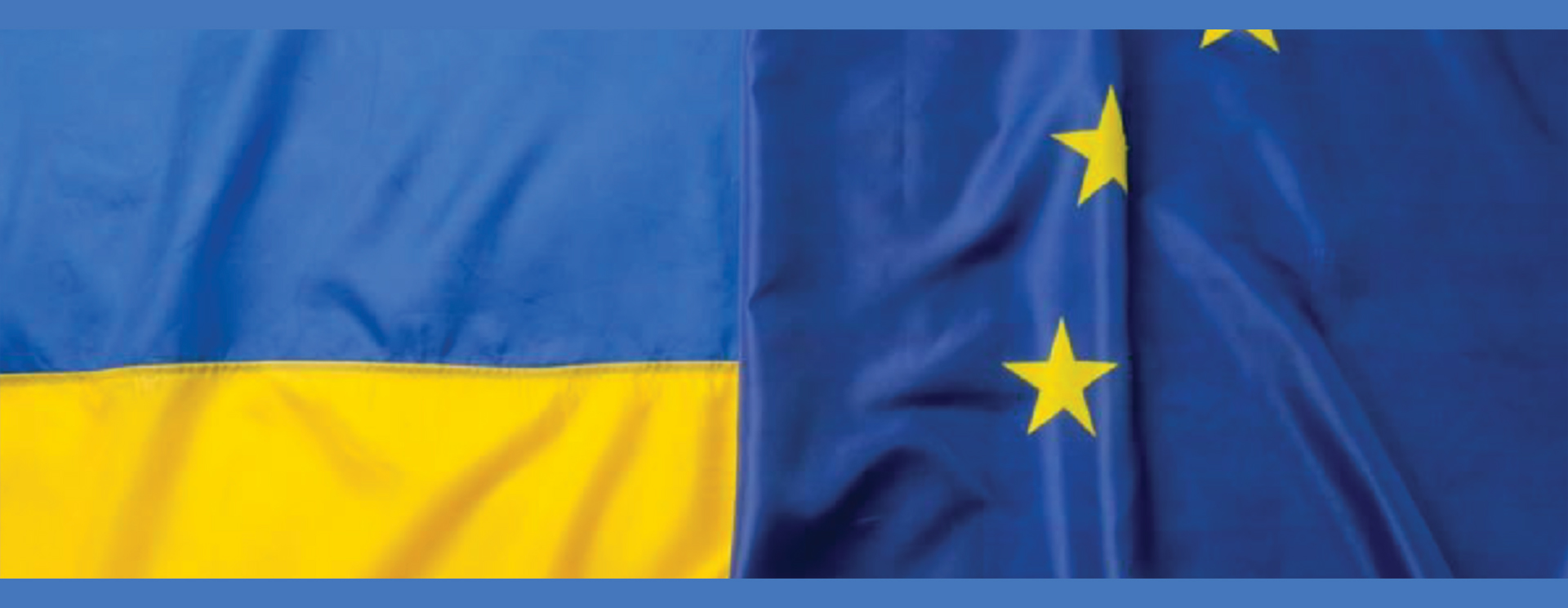
After the annexation of Crimea in 2014, the invasion of Ukraine by Russia is not limited to the claim of the territories of the Dombass and the Black Sea coast, because the aggressor said he was justified in engaging in hostilities because he was threatened by the military arrangements of the Atlantic Alliance that the Kiev government wanted to join. Beyond this pretext of circumstance, the Moscow regime has clearly expressed that it is at war against the corruption of the minds and morals of Western Europe whose values of freedom and tolerance represent a real danger of contagion and contestation of the autocratic rule of Vladimir Putin and his totalitarian regime.
On 24 February 2022, Russia declared war on European democracies. If it is apparently reassuring to think that the Kremlin has not crossed the Rubicon, and that its attacks stop at the borders of the European Union, it would be a major illusion to believe that the 27 EU states are not already rushed into this battlefield. In fact, for several years now, repeated cyberattacks have revealed the character of hybrid warfare conducted from Russia. Because Moscow does not hesitate to threaten to use nuclear weapons, or to demonstrate its technological capability in long-range ballistic devices, European states that had been forced to make the choice of military neutrality at the end of World War II are preparing to enter NATO, while Berlin is completely revising its defense strategy.
The European Union is still a war-free zone, but it has already entered a war economy. The economic and commercial relations which the time of peace had made it possible to weave between the Europe of Brussels and Russia reveal as much interdependence as the time of war brutally challenges. The escalation of sanctions and embargoes decided on both sides has not yet reached the climax of an integral blockade. But already, the instruments of crisis management are overwhelmed by the violence of the shocks generated by the conflict. In the two essential spheres of energy and food, Europe has entered a war economy, and this painful finding urgently requires the adoption of new European strategies.
It is not a question of rediscussing the Green Deal of the Von der Leyen Commission or the ambitions of the «Fit for 55» Package, because the consequences of the conflict opened by Russia create lasting tensions on the prices of oil, gas, aluminum, fertilizers, grains, and oilseeds, to the point that the market will meet the climate change targets, probably beyond what public policy was intended to do. There is no need to force farmers to reduce the use of fertilizers or plant protection products when soaring prices are a sufficient factor. In these difficult conditions, the European agricultural priority is to mobilize all its resources to ensure its food security, like its historic partners in North and West Africa, which are the first collateral victims of the current situation. This redeployment of the European productive agriculture and of the economic cooperation policy with Africa must become the new priorities of the European agricultural strategy.
As regards energy, the dependence on Russian oil and gas means that a plan for European energy independence must urgently be adopted. The use of nuclear energy appears to be unavoidable, whether it is small modular reactors (SMRs), cheaper and more flexible than large plants to replace coal-fired plants, or fourth generation plants. Meanwhile, the time required to implement a European nuclear plan requires, in parallel, the deployment of all renewable energy sources, wind, solar, anaerobic digestion and hydroelectricity. The greatest difficulty in agreeing on a common vision lies in public resistance to nuclear energy in countries like Germany, but the long-term nature of the current situation could contribute to the reversal of positions.
Finally, the realization of the precarious nature of the peace area that has been patiently built since 1945 puts the urgent need for a European defence policy back on the political agenda. «Si vis pacem, para bellum», if you want peace, prepares the war has never been so topical since the end of the Cold War. Faced with a Russia that wants to erase the effects of the explosion of the Soviet empire and the accessing of the countries of Eastern Europe to the European Union, there is no alternative but to build a common defence policy. A majority of EU members (21 out of 27) being members of NATO should facilitate initiatives in this direction, giving a positive signal to the US and UK partners without whom the EU-27 would have been too weak to assert itself against Russia. Is it utopian to think of a European Union as a member of the Atlantic Alliance?
Going through this episode of war is a historical challenge that the Union must seize to emerge stronger and more united. The title of Leon Tolstoy’s literary monument could inspire the writing of this new page.

